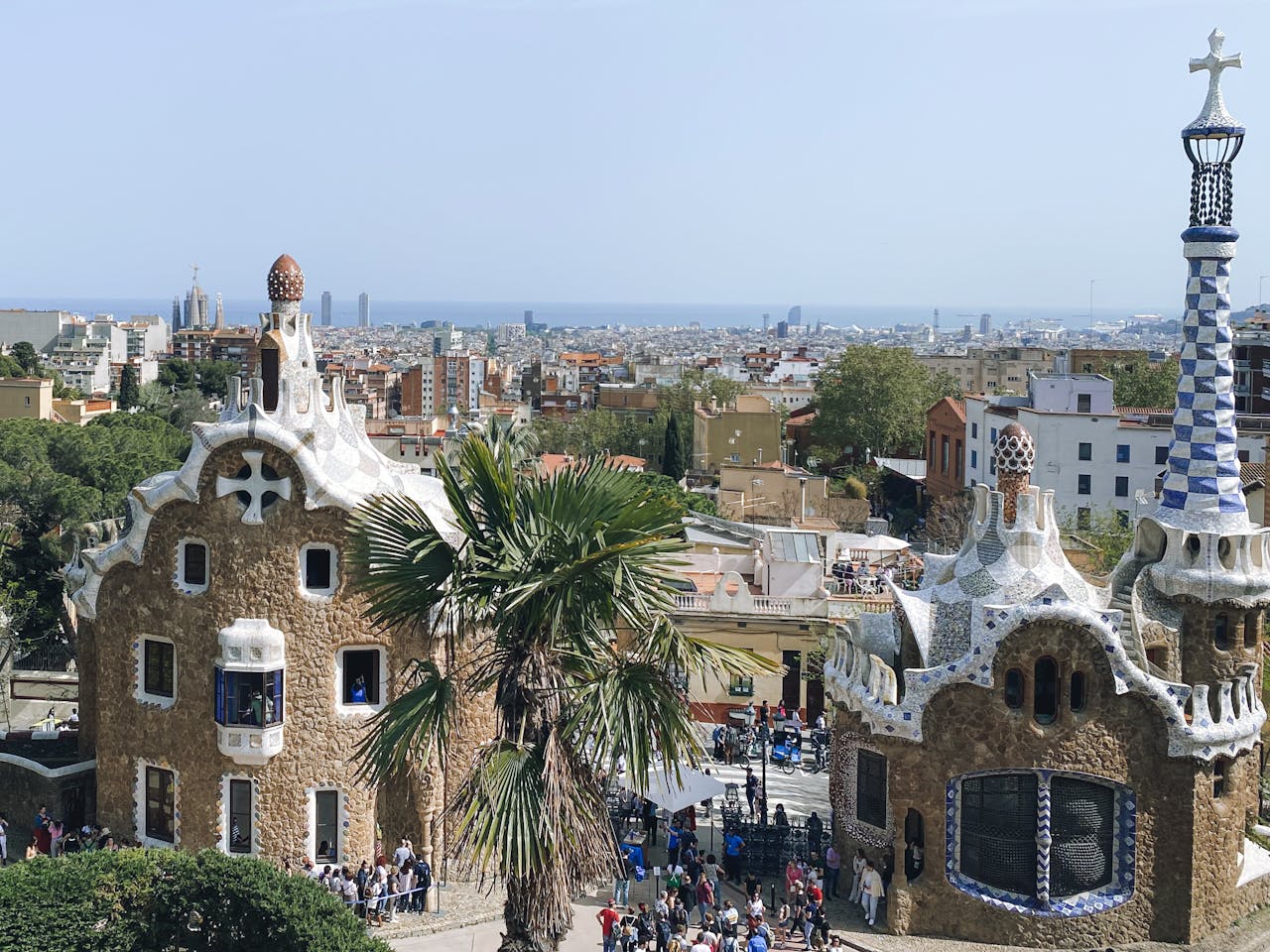Spain has always been a magnet for holidaymakers, with its sun-soaked beaches, vibrant cities, and rich cultural heritage drawing millions each year. But in 2024, the increase in visitor numbers has sparked growing unrest among locals, leading to a wave of tourism protests.
As picturesque towns and cities grapple with the pressures of over-tourism, the rise of anti-tourism protests highlights the growing tension between the needs of residents and the demands of tourists.This year, tourism in Spain faces a critical crossroads, forcing a rethink of how to balance the country’s economic reliance on tourism with the preservation of its unique way of life.
A third of people in Spain say there’s too many foreign tourists in their local area
Spain’s tourism has experienced an unprecedented surge over the past year, with Spain’s National Statistics Institute reporting that 14.4m foreign tourists visited the Balearic Islands in 2023. This influx has turned once idyllic travel destinations into overcrowded hotspots, leading to growing concerns about the sustainability of tourism in Spain.
In reaction to rising tourist numbers, this summer involved many protests against mass tourism, as Spanish destinations like Catalonia, Barcelona, the Canary Islands, and Mallorca are being affected by mass tourism. According to a YouGov survey, a third of people in Spain say that their local area has too many foreign tourists.
The survey reviewed public attitudes and, among other countries like France, Italy, and Germany, Spain leaned towards a ‘negative view of tourists’ and ‘too many tourists in local area’.
Major cities like Barcelona along with popular islands such as Mallorca, are seeing the brunt of this over-tourism, with residents increasingly frustrated by the strain on infrastructure and the erosion of local culture. The impact is so severe that anti-tourism protests have erupted in several regions, as locals demand immediate action to curb the overwhelming tourist numbers.
Anti-tourism protests demonstrate hostility & local unrest in Spain
The rapid growth of tourism in Spain has sparked a wave of Spain anti-tourism protests, particularly in Barcelona and the Canary Islands this year, where locals are increasingly vocal about the negative impacts of mass tourism.
The Spanish tourism protests have seen thousands take to the streets, demanding stricter regulations on holiday rentals and tourist numbers. Protesters argue that tourism in Spain, while economically beneficial, is eroding the quality of life for locals, pushing out residents, and transforming historic areas into overcrowded tourist traps.
The situation has become so tense that anti-tourism slogans like ‘Tourists go home’, ‘Your trip, our misery’, and ‘Tourism kills the city’ on banners were used in anti-tourism protests in many popular destinations this summer. Some protesters even went so far as to use water pistols to chase tourists out of street cafes.
The positive economic impact of tourism in Spain
While Spain’s tourism is under scrutiny for its negative effects, it remains a crucial pillar of the country’s economy. According to information from Reuters, tourism in Spain has helped boost job growth as immigration helps fill job vacancies in the services sector. Data shows that this year there were over ‘…197,630 more jobs in the first quarter compared to last year’. This industry supports many jobs, from hospitality and transportation to retail and cultural services, directly benefiting local communities.
Destinations like Madrid, Barcelona, and Seville continue to draw millions of visitors each year, making them essential to the success of Spain’s tourism. Madrid, with its world-class museums and historic landmarks like the Royal Palace, is a cultural hub for city exploration. Equally, Barcelona’s stunning architecture, including Gaudí’s Sagrada Familia, combined with its beachside charm, makes it another top destination choice in Spain for city breaks.
The anti-tourism protests in Barcelona and the Canary Islands highlight the growing concern that the economic benefits may not outweigh the social and environmental costs. Critics argue that while tourism in Spain generates significant revenue, it also leads to rising living costs, particularly in major cities where rent prices have skyrocketed. Additionally, the strain on infrastructure and natural resources raises questions about the long-term sustainability of this economic model.
Tourism in Spain faces a new reality
Spain’s tourism stands at a crossroads in 2024, with its booming visitor numbers fueling the economy and igniting anti-tourism protests across the country. As locals push back against the pressures of over-tourism, the challenge for Spain is to strike a delicate balance between sustaining its vital tourism industry and preserving the quality of life for its residents.
The outcome of this struggle will shape the future of tourism in Spain, leaving holidaymakers and policymakers alike to consider how to enjoy and protect the beauty of this beloved destination.




